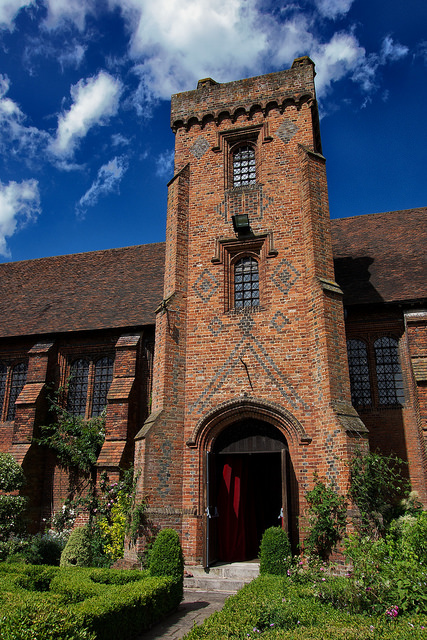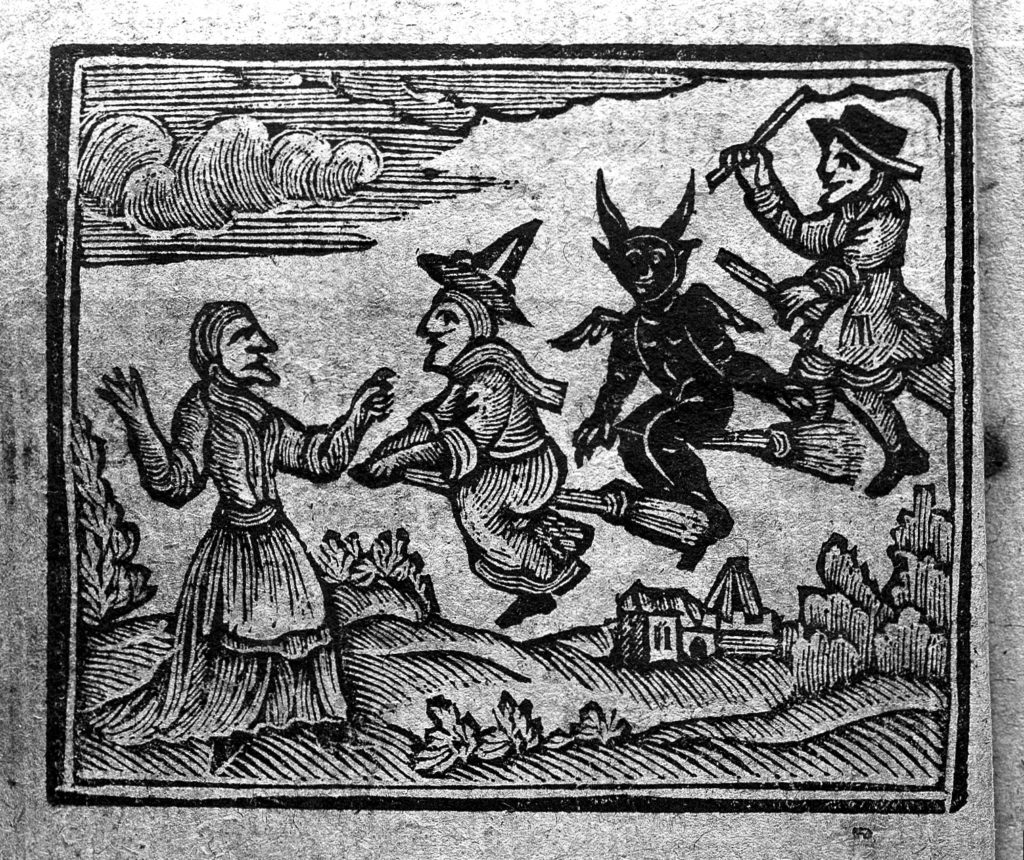The Jacobean period began after King James I ascended the throne as the monarch of England after the death of Queen Elizabeth. One thing that set aside King James I from his predecessors is the fact the unlike them, he ruled over a unified England. In other words, James I was the ruler of not only England but also Scotland by virtue of a treaty signed between the two countries.
Jacobean Society
This period immediately succeeded the Elizabethan era and as such, it had tremendous influence on the Jacobean society. Although England was prosperous during this time, it also ran into several debts. There was also tremendous advancement in science and industry. The foundation of the modern day science is said to have been laid down by Francis Bacon during this time. Also, there was growth of tobacco industry. The production of tobacco further led to the increase in its consumption.
As far as the architectural aspect of Jacobean period is concerned, the early years mark heavy influence of the Elizabethan style. However, towards the late Jacobean period, the architectural styles were influenced by Flemish, German, French and Italian styles. Inigo Jones gave a new direction to the Jacobean architecture.

Hatfield house is an example of Jacobean era architecture
Literature and theatre had reached its pinnacle in the Jacobean England. The main centre for performances was the city of London and so only a limited crowd enjoyed the plays. Popular figures in this field include Shakespeare, Ben Jonson, Thomas Middleton and John Webster.
Facts About Jacobean England
Towards the end of the Elizabethan era and beginning of the Jacobean period, the Protestants gained immense power. In fact, during the reign of James I, Catholics had become a minority group. One of the most significant incident that took place was the plot by a group of Catholics to attack the Parliament and King. This plan was foiled in time and major calamity was averted.
Jacobean people were very religious and god fearing. They also believed in witchcraft and black magic. The beliefs and ideas about witches and evils were influenced by the beliefs that were passed down from generations. King James I had enforced an Act by virtue of which any person found guilty of practicing witchcraft was liable to be punished.

During the Jacobean rule, England would invade new islands and colonize the territories. Although this had already begun in Elizabethan’s reign, most of the colonization took place after her death. America was one of the British colonies.
More Info On- Jacobean Society, Religion, Gender Roles, Views on Witchcraft